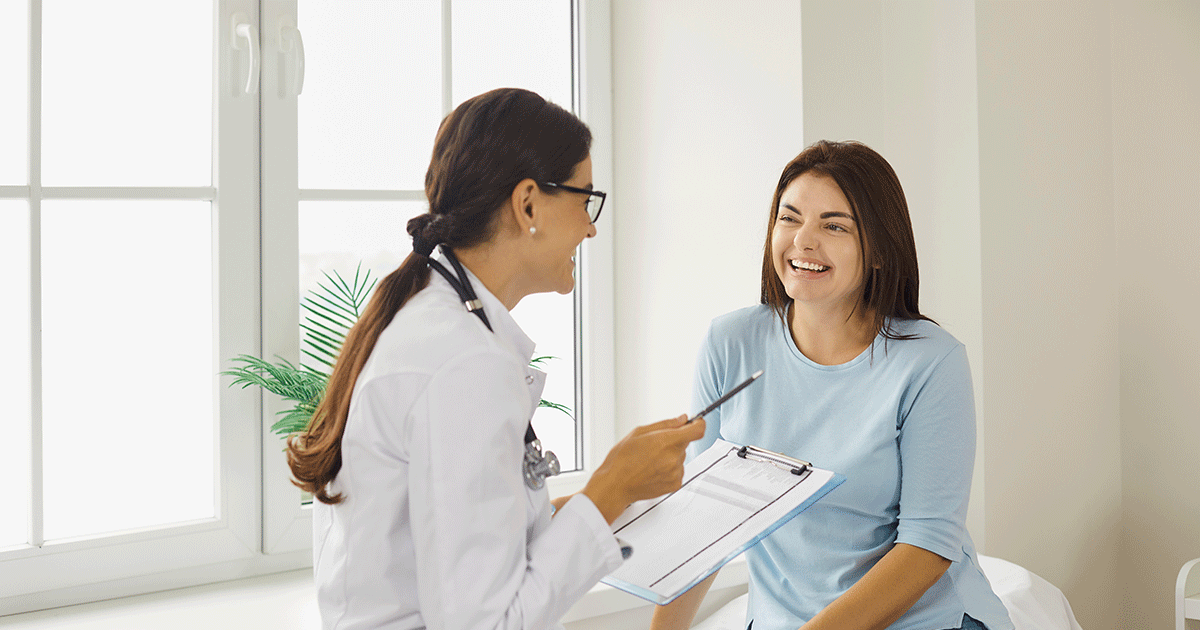The more that you know about your body and how it works, the better prepared you are to make choices that get you where you want to go.
Let’s talk about how you get pregnant.
Most of us would say we know the basics, but would have a hard time explaining it. So let’s break it down…
Before we begin we need to make one thing clear. ANYTIME you have sex there is potential to get pregnant. Birth control fails, and various circumstances can cause your cycle to change by a few days. Although there are ways to ALMOST completely eliminate chances of getting pregnant, always be aware that when you are having sex there is a possibility, however small, of getting pregnant.
Now that we’ve covered that, let’s go back to middle school health class.
To become pregnant the following must occur:
- Sperm must be present at the site of fertilization
The sperm must be capable of propelling itself through the vagina and the cervix to reach the egg. The environment, which is controlled by the female cyclical hormones, must admit the sperm without destroying it.
- The egg must be present at the site of fertilization
The egg needs to leave an ovary and travel through the fallopian tubes (ovulation).
- Fertilization must occur 12-24 hours after the egg has left the ovary.
Fertilization occurs when a sperm penetrates the egg. This occurs in the fallopian tubes.
- The fertilized egg must implant in the uterus.
Up to 50% of all fertilized eggs are lost before they are implanted in the uterus. The fertilized egg needs to be healthy and the uterus needs to be receptive to implantation.
Sounds pretty basic, right?
But how do you know when you ovulate? And how long are you fertile?
For a woman with a 28 day cycle ovulation will occur between day 11 and 21. ( It is not true that all women ovulate on day 14 of their cycle. That is true for some women, but not all).
As we learned above, the egg is only able to be fertilized for 12-24 hours. However, sperm can live in the body for 3-5 days. This means your fertile window is 5-7 days, including the day of ovulation and the 3-5 days before.
Some women experience symptoms of ovulation such as change in cervical fluid, change in basal body temperature, mild cramping, light spotting, and abdominal bloating. However, many women experience none of these symptoms. Resources are available for tracking ovulation and fertility.
Your body is a beautiful thing. With all of the things that must happen to get pregnant, it’s a wonder anyone ever does! Yet we know that many of the women we see have become pregnant without really understanding how it happened.
At North Care Women’s Clinic we care about you, and we want to help you take control of your sexual health and your future. If you’d like to talk with someone about your sexual health goals give us a call at 215.855.2424 to make an appointment!






